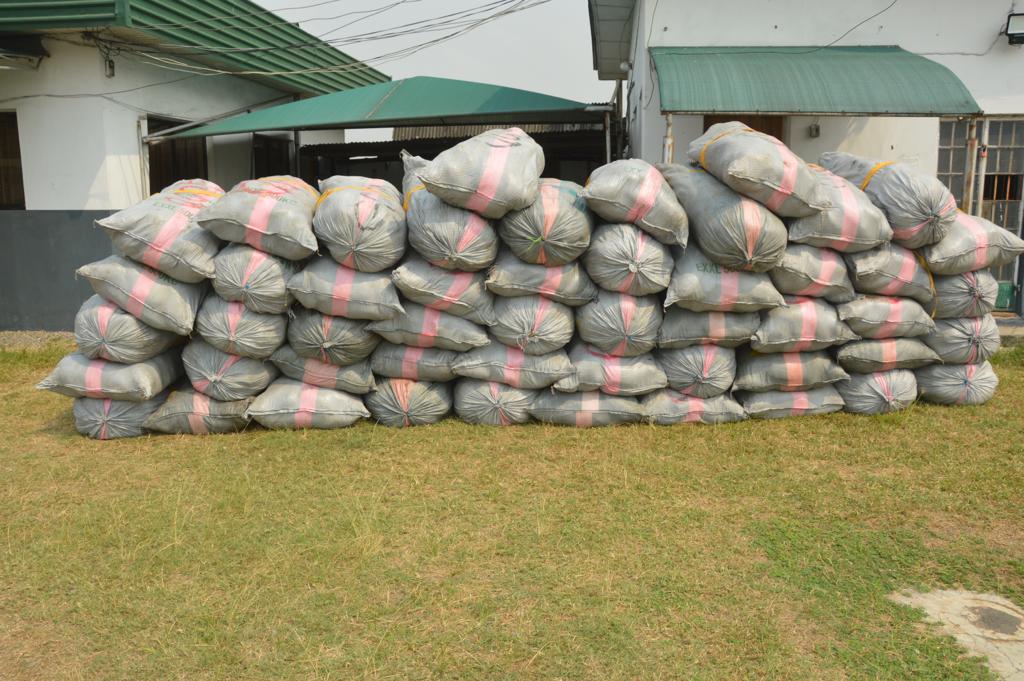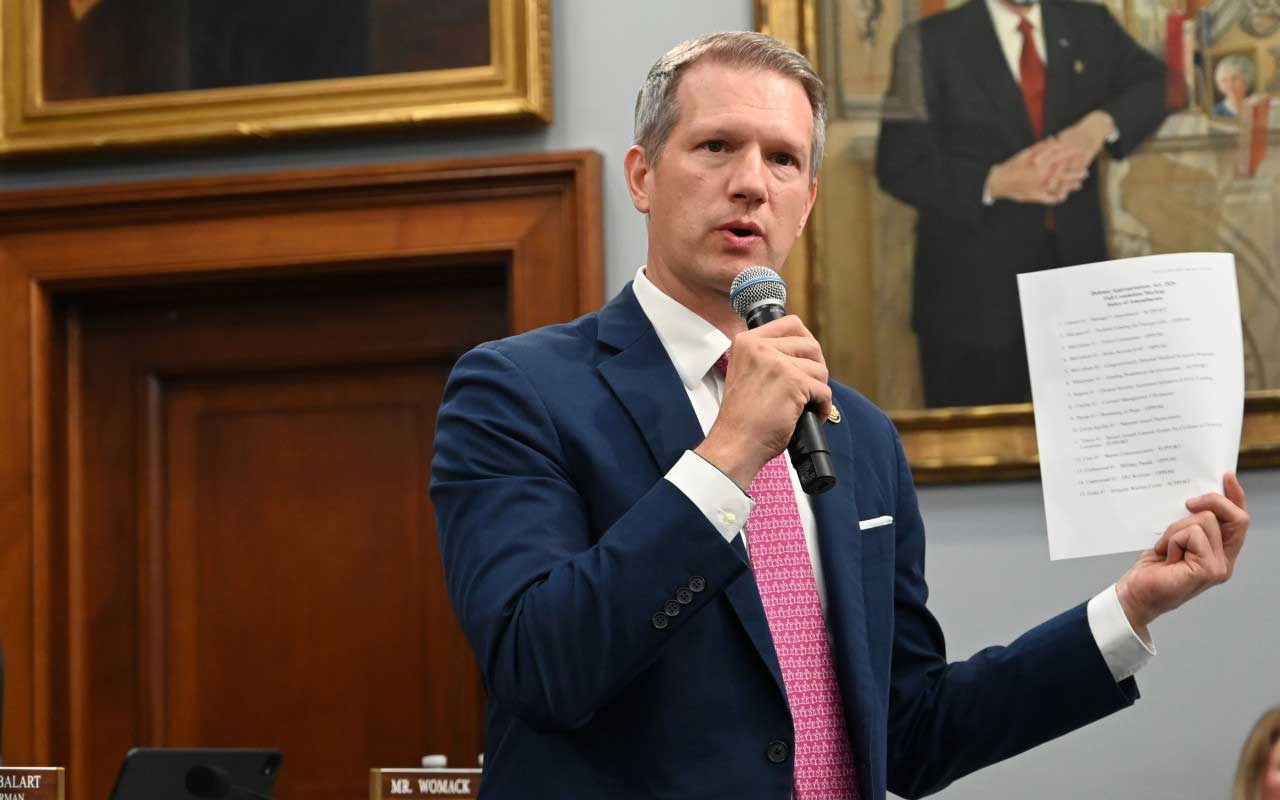.As action plan seeks major emission cuts
NIGERIA has been selected as one of seven pioneer countries to benefit from an initial $25 million funding package under the Super Pollutant Country Action Accelerator, a global initiative aimed at cutting methane and other non-CO₂ gases.
The Accelerator has advanced through the launch of a Plan to Accelerate Solutions (PAS), designed to support 30 developing countries in reducing dangerous super-pollutant emissions by 2030. The first cohort includes Brazil, Cambodia, Kazakhstan, South Africa, Indonesia, Nigeria and Mexico.
While the initial funding amounts to $25 million, the Accelerator aims to mobilise up to $150 million in its first phase, signalling long-term ambition.
According to the initiative, cutting these pollutants remains one of the fastest ways to simultaneously protect climate stability, public health, and food supplies, at a time when many developing nations face intensifying climate stresses.
A few days ago, at the leaders’ summit, Vice President of Nigeria, Kashim Shettima, who represented President Bola Ahmed Tinubu, emphasised that the country’s renewed climate agenda represented not just an aspiration, but a solemn national commitment to preserve the planet for future generations.
At the ongoing 30th Session of the Conference of the Parties to the UN Framework Convention on Climate Change (COP30 UNFCCC) in Belém, Brazil, COP 30 has been framed by the UN as a turning point or moment of truth for climate action against a backdrop of warnings that society is on track to breach the 1.5°C threshold.
COP30 High-Level Champion, Dan Loschpe, said the plans to unify several existing efforts into a shared framework aimed at achieving goals across six core pillars, noting that they set out how companies, financiers and communities are aligning to shift from ambition to delivery by leveraging supply, demand, capital and policy tools.
According to a Brazilian scientist and a member of the Planetary Guardian movement, Carlos Nobre, scientific evidence indicates the world needs to cut emissions by five per cent yearly, starting immediately, if it hopes to limit temperature overshoot and prevent the collapse of essential life-support systems for billions of people.
Deliberations pointed to significant revenue potential from levies on financial transactions, aviation, shipping and cryptocurrencies, sectors described as both high-emitting and undertaxed. Participants underscored that such levies reflect the polluter-pays principle and could help mobilise resources for adaptation, resilience, and loss and damage.
The initiatives are expected to strengthen the country’s position ahead of key 2030 climate deadlines and ongoing efforts to reduce emissions across energy, agriculture, waste and transport sectors.
The Premium Flyers Solidarity Coalition now counts Benin, Djibouti, France, Kenya, Nigeria, Sierra Leone, Somalia, South Sudan, and Spain as members, and welcomes Antigua and Barbuda, Brazil, Fiji, and Vanuatu as observers. Calls were made for more countries to join the shared approach before the end of COP30 UNFCCC.
COP30 Special Envoy to Europe and Co-Lead of the Global Solidarity Levies Task Force, Laurence Tubiana, said: “The launch of the Premium Flyers Solidarity Coalition proves that solidarity levies can move from ideas to reality. This is only the first step. Now I call on more countries to join us at COP30 and turn this momentum into lasting global change.”
It was also revealed that parties have formally moved draft decisions from the Subsidiary Bodies into the main negotiating tracks, marking the transition from technical to political negotiations and paving the way for final decisions at the end of week two.
Waliat Musa, just back from Brazil






